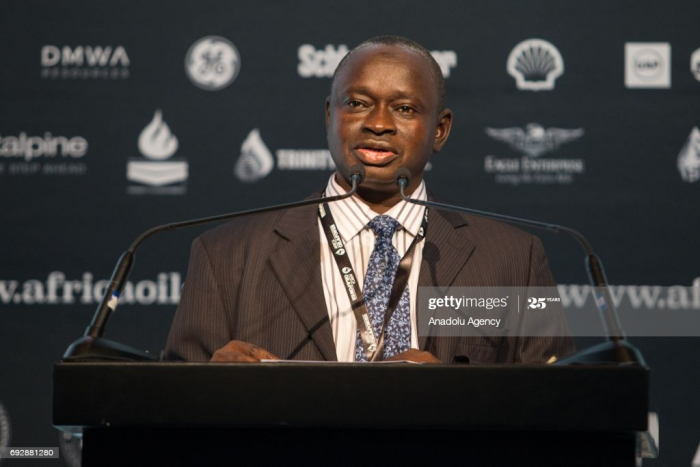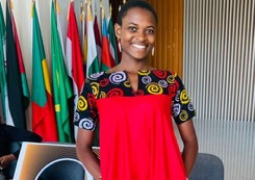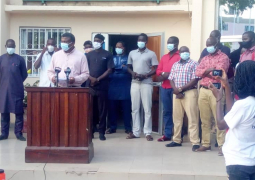
Fafa Sanyang made these remarks at the Petroleum House on Thursday during the third virtual Assembly of the International Solar Alliance (ISA), a global organization dedicated to the promotion of solar energy.
According to him, from the most recent data from the World Bank, 15% of the world’s population approximately 1.1 billion people lacked access to electricity in 2014 and the majority of this live-in rural areas.
‘If we are to achieve universal electrification by 2030, solar photovoltaic technology would be the most affordable and appropriate energy technology to deploy for achievement of the universal electrification target. Therefore, ISA being the global organization dedicated to the promotion of solar energy, has opportunity to rally global efforts to achieve universal access through solar PV technology”
Minister Sanyang hinted that alternative clean energy options such as solar, offers more sustainable, efficient and affordable energy solutions for The Gambia.
“The Gambia National Development Plan and the National Energy Policy, he added recognises renewable energy, particularly solar energy as the way forward for achieving the MDG 7”.
This, he said, shows Gambia’s support of the ISA agenda as the government is committed to electrifying all households with equitable access to clean, sustainable, high quality and affordable basic energy services.
While highlighting the initiatives the government has taken to address some of these challenges, Minister Sanyang, noted that they’re currently implementing a 20MW grid-scale solar project which is supported by the World Bank.
“Also, they are carrying out the feasibility study for a 150MW solar park which is also supported by the World Bank through the West Africa Power Pool”.
He added; “To increase renewable energy from 2% to 40% by 2025, The Gambia deemed it necessary to partner with the development partners, private sector, globally organized organizations such as ISA to promote and deploy renewable energy resource”.
Read Other Articles In National News





